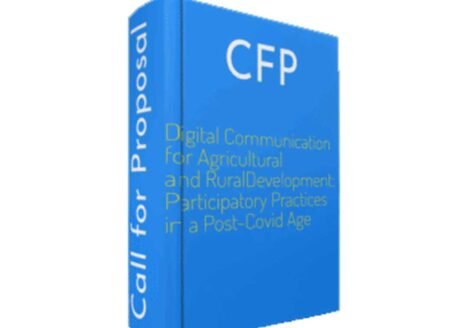-
Misinformation Research Platform Webinar: Genomic Politics and Future of Gene Editing
Genomic research is an important consideration in the contemporary thinking of agricultural and international development. However, it often misses an opportunity to engage with politics and related (mis) perceptions about technologies and their socio-political consequences. Our next Misinformation Research Platform Webinar will focus on genomic politics and the future of gene editing. Date: Friday, 28…
-
2023 Conference of the Association for International Agricultural Education and Extension
The School of Environmental Design and Rural Development and Ontario Agricultural College will be hosting the international conference of the Association for International Agricultural and Extension Education (AIAEE) in Guelph, April 26–29, 2023. Established in 1984, AIAEE is a leading international professional organization for agricultural and extension educators who share a common goal of strengthening…
-
CFP: Digital Communication for Agricultural and Rural Development
Call for Proposals We are requesting contributions to the upcoming edited volume, “Digital Communication for Agricultural and Rural Development: Participatory Practices in a Post-Covid Age” to be published by the Taylors and Francis. The volume will be co-edited by Dr. Ataharul Chowdhury, University of Guelph, Dr. Gordon Gow, University of Alberta and Dr. Helen Hambly…
-
GNF and IAMCR Rural Communication Webinar Series Part 1
GNF and IAMCR Rural Communication Webinar Series Part 1. Please see the details below: Date: December 3, 2021 at 10 am ET Register here As part of the SSHRC connection grant, Global Networks Forum on Communication for Agriculture, we organized a series of webinars in the last year with established and emerging scholars and practitioners…
-
Forum Discussion Series: What’s Holding Up Advancing Agricultural Advisory Services? Part 2
Our next part of the agricultural extension advisory forum discussion series will be held on 15 October 2021. The details of the program are below. You can watch our last forum discussion here Date: October 15 2021 at 10am ET Register here
-
Global Network Forum Webinar Series: Rethinking Participation in the Digital Age
We initiated the Global network forum webinar series on November 10, 2020. We are happy to organize the second part of the series which will focus on digital tools and platforms that support online participatory research and community engagement. Please see the details below: Date: April 30 2021 Register here
-
Forum Discussion: What’s holding up advancing agricultural advisory services
We are happy to introduce a forum discussion series on different aspects of agricultural advisory and extension services. It is an excellent opportunity to learn from our speakers and contribute to the discussion, ‘What’s holding up advancing agricultural advisory services?’ Please see the details below: Date: April 9 2021 Register here More about the series…





